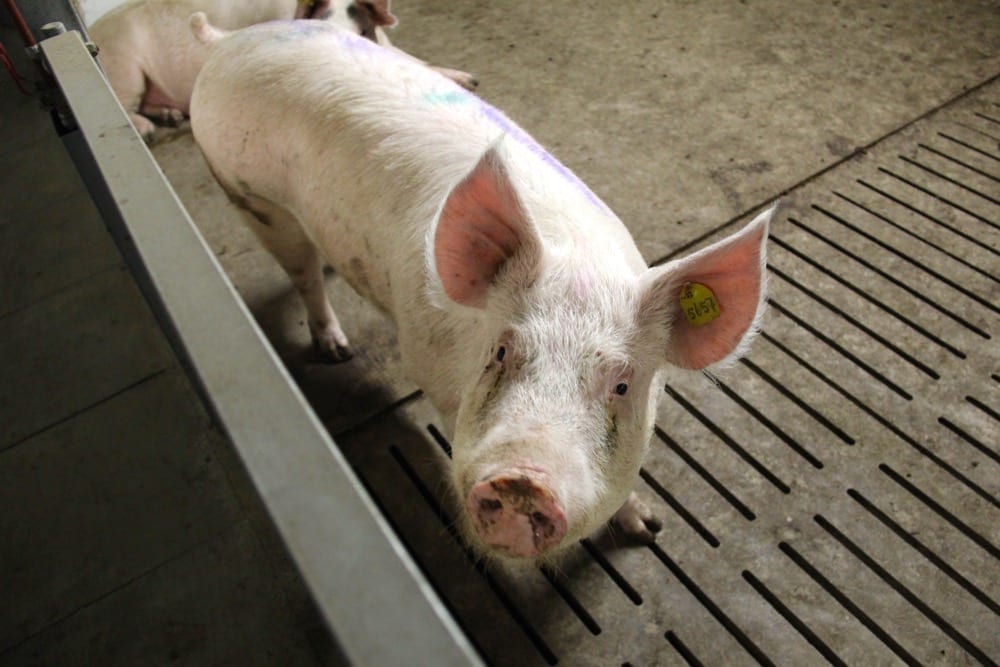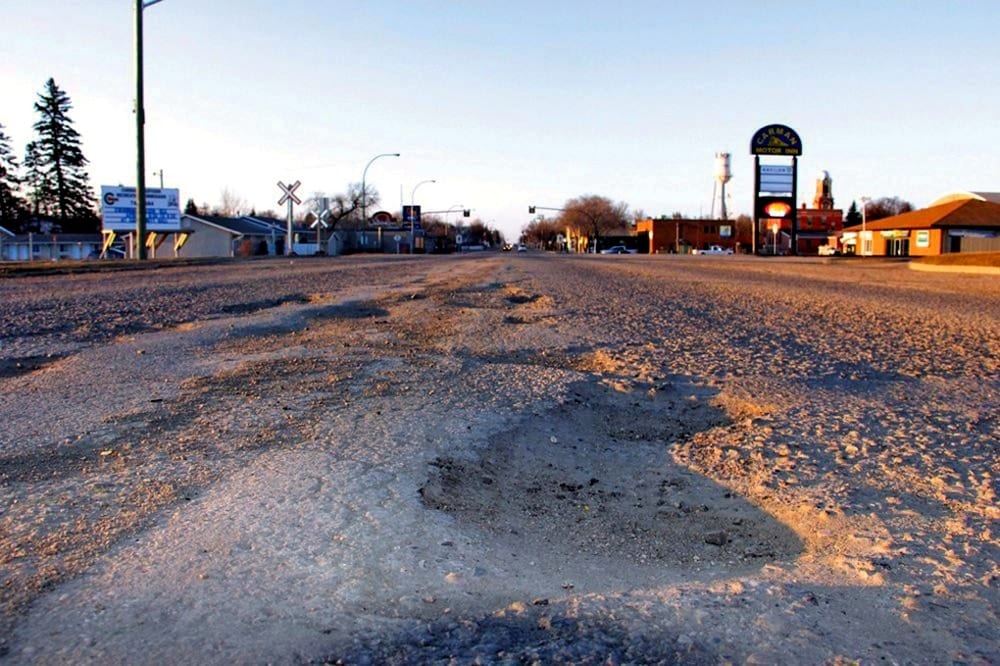A new committee has formed to take a hard look at Manitoba’s rural economic development services and seek a way to better co-ordinate how they’re delivered.
Manitoba’s Agriculture, Food and Rural Development Minister Ron Kostyshyn announced the formation of the Rural Economic Development Steering Committee last week.
Over the next few months, he said, the committee will consult on and draft a Rural Economic Development Strategy and Action Plan for Manitoba.
“Rural development in Manitoba contributes to strong local economies,” he said in a release. “There are many groups invested in the success and prosperity of rural communities, and they are coming together to create a development plan for our future.”
Read Also

Province pledges funds to CentrePort Canada
The Manitoba government has pledged $450,000 towards projects at inland port CentrePort Canada.
The committee was proposed by the Association of Manitoba Municipalities which has long called for a review of economic development service delivery, concerned with what local leaders see as a piecemeal approach.
The AMM in 2009 released its own task force report, pointing to a plethora of organizations, including federally funded Community Futures Development corporations, provincially funded regional development corporations, and nearly 100 separate locally funded community development corporations — all mandated for economic development, but with overlapping responsibilities, leading to duplication of efforts.
The province has since replaced funding for regional corporations with a new Partners 4 Growth program, but AMM continued to call for a comprehensive, long-term plan.
Joe Masi, executive director of the AMM, will co-chair the new committee with Donna Morken, a community leader from Rivers.
“The goal is to really look at this with a holistic approach so that we can develop a co-ordinated strategy that all stakeholders can buy into,” Masi said.
Such a strategy will identify needs and opportunities and include areas such as infrastructure, technology, labour skills and housing, according to MAFRD.
The committee identifies “rural Manitoba” as areas other than Winnipeg — that is, all cities, towns, villages, rural municipalities, First Nations and communities other than those in northern Manitoba.
Committee members represent a range of Manitobans with expertise in economic development, including representatives from Brandon’s Rural Development Institute and chambers of commerce from rural and Aboriginal communities.
Masi said they hope to produce a draft report by year’s end.

















